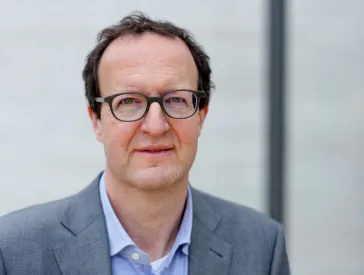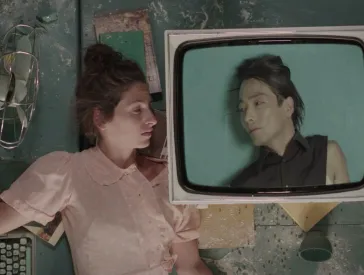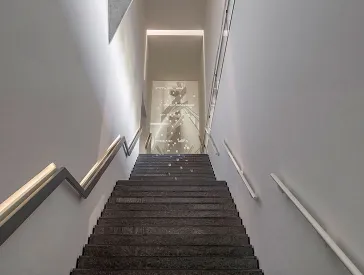
Inside Out
Etgar Keret
With Inside Out, the Jewish Museum Berlin presented an exhibition by the Israeli writer Etgar Keret.
Taking memories of his mother as his point of departure, Keret had written new short stories specifically for this occasion, and this exhibition is their world premiere. The stories portray both day-to-day family life in Israel, where the author lives, and traumatic wartime experiences inspired by the life of the author’s mother, who was born in Poland in 1934.
Past exhibition
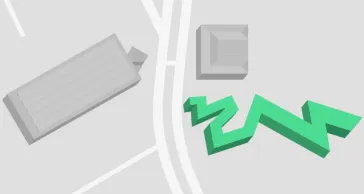
Where
Libeskind Building, ground level, Eric F. Ross Gallery
Lindenstraße 9–14, 10969 Berlin
The short stories were presented alongside objects from the collections of the Jewish Museum Berlin as well as commissions created by contemporary artists in collaboration with Keret. The interplay of memories, objects, and artistic installations allowed visitors to enter new, evocative and associative spaces that deliberately defy conventional expectations of a museum visit.
In the titular introductory text, Inside Out, Etgar Keret presents his approach to the exhibition:
Inside Out
-
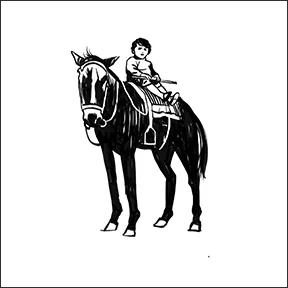
Etgar Keret: Inside Out
Translation: Jessica Cohen
Narrated by: Etgar Keret
Illustration: Asaf Hanuka -

Etgar Keret: Inside Out / מבפנים החוצה
Original Hebrew version
Narrated by: Etgar Keret
Illustration: Asaf Hanuka
You can read and listen to the nine short stories Etgar Keret wrote for the exhibition right here. Keret has narrated the Hebrew originals and the English translations himself. The German versions are narrated by Daniel Kehlmann, a friend of Etgar Keret. (You can find the German audio versions on the German webpage for the exhibition).
Razor
-
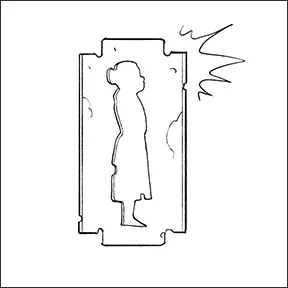
Etgar Keret: Razor
Translation: Jessica Cohen
Narrated by: Etgar Keret
Illustration: Asaf Hanuka -

Etgar Keret: Razor / סכין גילוח
Original Hebrew version
Narrated by: Etgar Keret
Illustration: Asaf Hanuka
Fabric
-

Etgar Keret: Fabric
Translation: Jessica Cohen
Narrated by: Etgar Keret
Illustration: Asaf Hanuka -

Etgar Keret: Fabric / בד
Original Hebrew version
Narrated by: Etgar Keret
Illustration: Asaf Hanuka
Birthdays
-
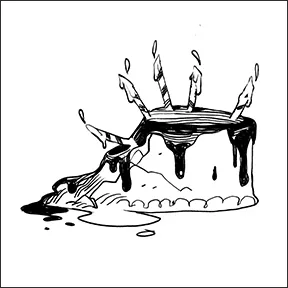
Etgar Keret: Birthdays
Translation: Jessica Cohen
Narrated by: Etgar Keret
Illustration: Asaf Hanuka -

Etgar Keret: Birthdays / ימי הולדת
Original Hebrew version
Narrated by: Etgar Keret
Illustration: Asaf Hanuka
Cabbage Fields
-
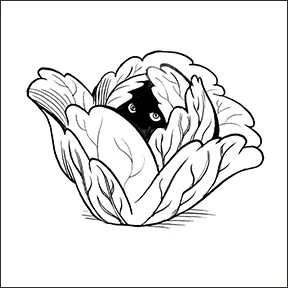
Etgar Keret: Cabbage Fields
Translation: Jessica Cohen
Narrated by: Etgar Keret
Illustration: Asaf Hanuka -

Etgar Keret: Cabbage Fields / שדות כרוב
Original Hebrew version
Narrated by: Etgar Keret
Illustration: Asaf Hanuka -
Over and Over
Animation: Tatia Rosenthal
Music: Traveling Nightmare by Christopher Bowen
Commissioned work based on Cabbage Fields
New York 2022
Music
-
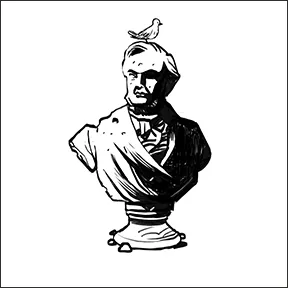
Etgar Keret: Music
Translation: Jessica Cohen
Narrated by: Etgar Keret
Illustration: Asaf Hanuka -

Etgar Keret: Music / מוזיקה
Original Hebrew version
Narrated by: Etgar Keret
Illustration: Asaf Hanuka
Bedtime Story
-
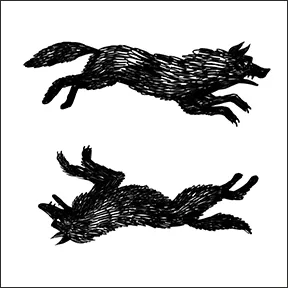
Etgar Keret: Bedtime Story
Translation: Jessica Cohen
Narrated by: Etgar Keret
Illustration: Asaf Hanuka -

Etgar Keret: Bedtime Story / סיפור לפני השינה
Original Hebrew version
Narrated by: Etgar Keret
Illustration: Asaf Hanuka
Languages
-
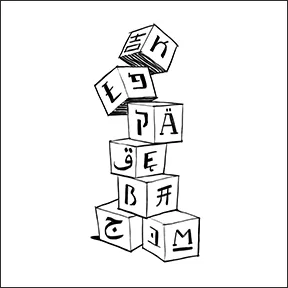
Etgar Keret: Languages
Translation: Jessica Cohen
Narrated by: Etgar Keret
Illustration: Asaf Hanuka -

Etgar Keret: Languages / שפות
Original Hebrew version
Narrated by: Etgar Keret
Illustration: Asaf Hanuka
The First Angel You See
-
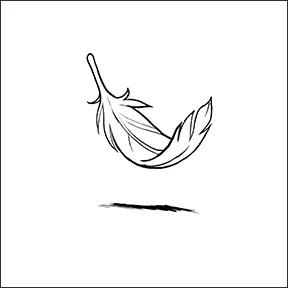
Etgar Keret: The First Angel You See
Translation: Jessica Cohen
Narrated by: Etgar Keret
Illustration: Asaf Hanuka -

Etgar Keret: The First Angel You See / המלאך הראשון
Original Hebrew version
Narrated by: Etgar Keret
Illustration: Asaf Hanuka
A Good Day
-
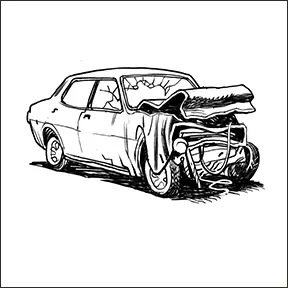
Etgar Keret: A Good Day
Translation: Jessica Cohen
Narrated by: Etgar Keret
Illustration: Asaf Hanuka -

Etgar Keret: A Good Day / יום טוב
Original Hebrew version
Narrated by: Etgar Keret
Illustration: Asaf Hanuka
Photos of the Exhibition
Credits
Artistic Direction
Etgar Keret
Project Team Jewish Museum Berlin
Daniel Ihde, Project manager
Leonore Maier, Curator of Collections
Team Etgar Keret, Tel Aviv
Gal Ber, Gal Canetti, Noa Gana
Exhibition Design
studio.a, Berlin (Anne Binder)
Graphic Design
Team Mao, Berlin (Siyu Mao and Moritz Böhm)
Artists of the commissioned works
Asaf Hanuka, Yair Kira, Tatia Rosenthal, Katharina Trudzinski
Literary Translations
Jessica Cohen (HE-EN), Dr. Barbara Linner (HE-GER)
Voice Recordings
German:
tonstudio schieffer, Berlin
Speaker: Daniel Kehlmann
English and Hebrew:
Soundhouse, Tel Aviv
Speaker: Etgar Keret
Construction of exhibition and display cases
Tischlerei Holzmanufaktur in Berlin GmbH
Graphics Production
Heerlein Werbetechnik GmbH & Co. KG, Berlin
Art Handling
Fißler & Kollegen GmbH
Exhibition Maintenance
Leitwerk Servicing
Marketing Campaign Design
buerominimal, Berlin
With many thanks to all the colleagues at the Jewish Museum Berlin who contributed to the exhibition and its accompanying programs.
An exhibition by the Jewish Museum Berlin in collaboration with Etgar Keret, Tel Aviv

Exhibition Inside Out – Etgar Keret: Features & Programs
Exhibition Webpage
Current page: Inside Out – Etgar Keret: 21 Oct 2022 to 19 Mar 2023
Digital Content
- A Peculiar Kinship: Etgar Keret and Daniel Kehlmann in cConversation: Video recording, 2022
- My mother’s favorite music: Exhibition playlist on Spotify
See also
Exhibition Information at a Glance
- When 21 Oct 2022 to 19 Mar 2023
- Where Libeskind Building, ground level, Eric F. Ross Gallery
Lindenstraße 9–14, 10969 Berlin
See Location on Map
